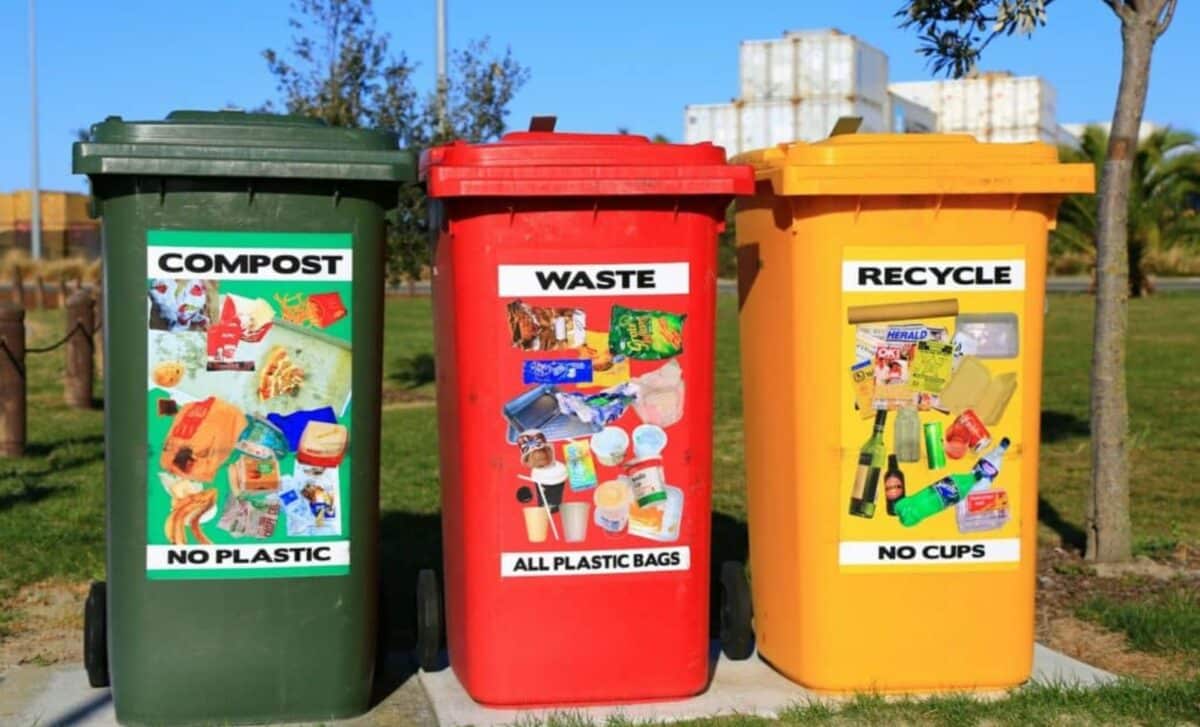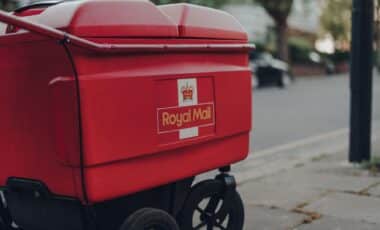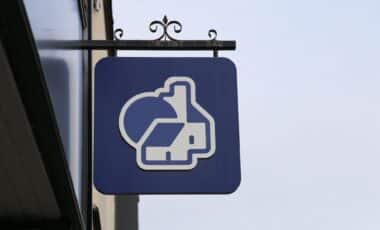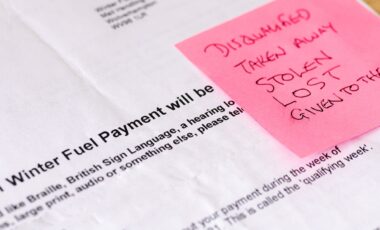By 31 March 2026, all households in England will be required to sort their waste into at least five separate containers, under sweeping new government rules aimed at standardising recycling practices nationwide.
The changes, outlined by the Department for Environment, Food and Rural Affairs (Defra), will be part of the UK Government’s Simpler Recycling initiative.
The policy also introduces weekly food waste collections starting from 2025 for most homes. The new rules are intended to raise the country’s stagnant recycling rates, which have remained around 44–45% since 2015, according to government data.
Authorities claim the reforms will also support the circular economy, reduce environmental impact, and make recycling easier for both households and workplaces.
Households to Sort Waste Into Five Core Categories by 2026
Under the new legislation, local councils in England will be obligated to collect five separate streams of recyclable waste from all households: food waste, plastics, paper and cardboard, green waste, and plastic films. This will result in most homes receiving up to five bins or containers, depending on local collection strategies.
According to Defra, all councils must implement these collections by 31 March 2026, while kerbside collections for soft plastics like bags and wrappers will become mandatory by March 2027. The government has allowed local authorities flexibility on the size of bins and the frequency of collection, depending on local circumstances and waste volumes.
The Environment Agency has been appointed as the official regulator for the scheme. It stated that it would take a “pragmatic approach” to enforcement, working with councils and residents to ensure compliance.
The plan has been framed as part of the UK’s broader environmental strategy, which includes reducing carbon emissions and cutting landfill dependency.
Businesses to Face Mandatory Recycling Separation Rules
Alongside residential changes, new collection obligations for businesses came into effect on 31 March 2025. Companies with more than ten employees are now required to arrange separate collections for recyclable materials, food scraps, and non-recyclable refuse. Smaller workplaces—defined as those with fewer than ten staff—have until March 2027 to comply.
Dry recyclables include plastic, metal, glass, and paper and card. Paper and cardboard must be separated unless collected together by waste contractors, according to government guidelines. These regulations aim to streamline commercial recycling processes and reduce contamination in waste streams.
According to Steve Molyneux, Deputy Director at the Environment Agency, the new framework marks a “pivotal moment” in the UK’s transition towards a circular economy. He added that the reforms would “drive change in the waste market” and support more sustainable use of resources.
The government asserts that the reforms will support economic growth, lower disposal costs, and help the UK move closer to its net-zero targets.









